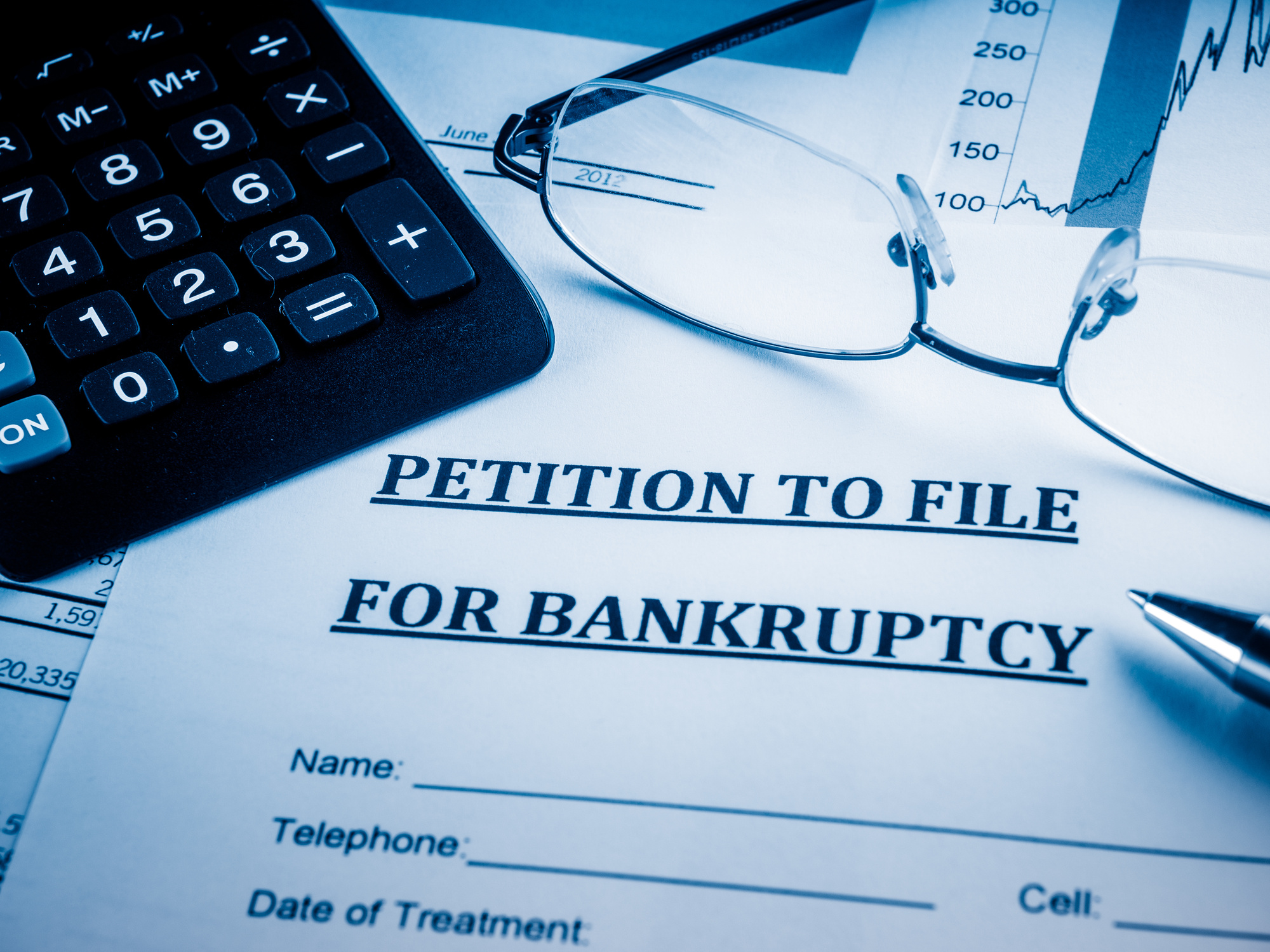
To Go For Broke or Not? The Pros and Cons of Filing Bankruptcy
Approximately 23,109 businesses and 767,721 individuals filed for bankruptcy in 2017. Some do it because they run out of funds or get into debt. Others are struggling with medical expenses or emergencies that drain their budget.
Businesses and individuals go bankrupt for a variety of reasons. Most times, they simply cannot repay their debts to creditors. In this case, filing for bankruptcy may give them a fresh start and bring emotional relief.
Sometimes, filing for bankruptcy is the best thing you can do to avoid foreclosure and get your life back on track.
This financial relief, though, comes at a price. Your credit will be ruined for up to 10 years, your credit cards will be gone, and you’ll have to explain to a judge how you got into this situation.
Not sure how to proceed? Let’s take a closer look at the pros and cons of filing bankruptcy.
The Benefits of Filing for Bankruptcy
Most people and companies would do whatever it takes to avoid bankruptcy and secure a successful financial future. Unfortunately, this isn’t always possible. There are cases when bankruptcy is the only option.
Going bankrupt, however, has its perks. First of all, you’ll get a fresh start and be discharged from most of your debts. This can give you peace of mind and allow you to put your life in order.
You’ll no longer have to worry about collectors calling at odd hours or live in fear knowing that you could lose your house anytime. Filing for bankruptcy will stop repossessions and foreclosures while ending creditor harassment.
Declaring bankruptcy won’t relieve you from all of your debt and obligations, but it can significantly reduce them. This process initiates what’s known as an automatic stay. Basically, it will stop lenders, creditors, and bill collectors from harassing you.
Another advantage of going bankrupt is that you may be able to set up a repayment plan and gradually eliminate debt. Furthermore, you’ll have time to assess your situation and learn from your mistakes without being pressured by creditors.
The Drawbacks of Going Bankrupt
At first sight, filing for bankruptcy seems ideal for those struggling with debt. Like everything else, though, this process has its drawbacks.
Just because you declare bankruptcy, it doesn’t mean you become debt-free. You still have to pay child support and alimony, legal fines, and recent back taxes. If you have student loans, they may not be gone forever.
Before making a decision, discuss your options with a bankruptcy attorney, such as Larry Price Law. They will assess your situation and recommend the best course of action. A lawyer can also tell you what debts you’ll have to pay and which ones will be wiped away after declaring bankruptcy.
A major drawback is that your credit score will suffer. In fact, it could drop anywhere from 160 to 220 points, making it difficult to apply for a loan, mortgage, or credit over the next seven to 10 years.
Assuming that you filer for bankruptcy and start a business two years from now on, you may not be able to secure financing as a result of bad credit. Also, your application for a car loan or a mortgage will most likely be declined.
Beware that declaring bankruptcy doesn’t protect your guarantors and cosigners from debt collection agencies. They will still be able to harass your loved ones over the remaining balance on your credit card debt.
Weigh the Pros and Cons of Filing Bankruptcy
These are just a few of the many pros and cons of filing bankruptcy. Analyze your options and consider your particular situation. Consider reaching out to a lawyer to help you make an informed decision.
Before taking this step, seek ways to pay off your debt. Check out our post to find out how to do it quickly so you can have peace of mind and achieve financial freedom.
